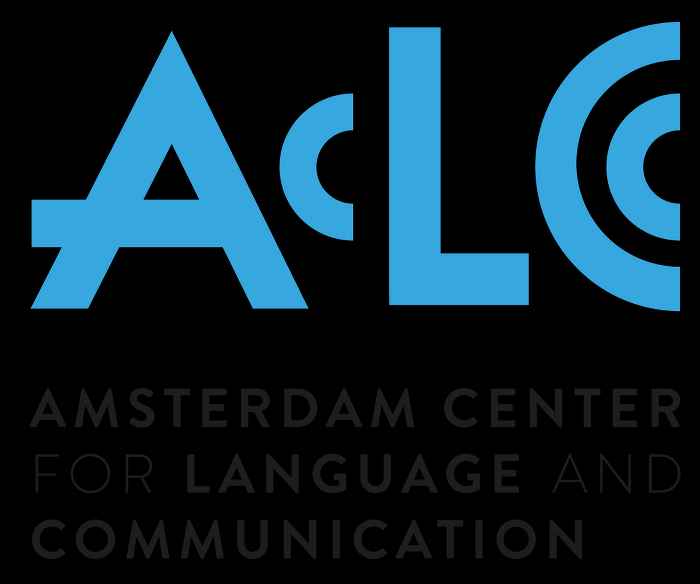ACLC Seminar | Anita Slonimska
- Date
- 29 September 2023
- Time
- 16:00 -17:00
- Location
- P.C. Hoofthuis
- Room
- 1.14
Rethinking communicative efficiency: a new perspective from sign languages
Research on communicative efficiency, so far, has been systematically studied in spoken languages, which are characterized by their linear structure and predominantly arbitrary form (Levshina, 2022). For example, dependency distance minimization is a principle of communicative efficiency in which related words are placed closer together in a sentence (Gibson et al., 2019). Sign languages, however, allow related elements to be brought together not just linearly but also simultaneously, utilizing multiple body articulators (Dudis, 2004; Vermeerbergen et al., 2007) as well as imagistic and diagrammatic iconicity (Perniss et al., 2010; Taub, 2001). Thus, in this talk, I will propose a new perspective on communicative efficiency by shifting the focus from spoken to sign languages. By means of three experimental studies, I show that simultaneous and iconic constructions have evolved in a linguistic system and are actually used for communicative efficiency when communicating about complex events (Slonimska et al., 2020, 2021, 2022). In all three studies, we used an experimental design in which we systematically increased the informational density (number of semantic information units) of events asked to be described in a director-matcher task. First, we collected data from 23 deaf Italian adult signers of LIS. Results revealed that when signers faced increasing informational demands, they increased simultaneity in their encodings (Slonimska et al., 2020) as well as the use of highly iconic strategies (Slonimska et al., 2021). Then, we collected data from 23 Italian hearing adults who did not know any sign language but were asked to use only their gestures to communicate (i.e., silent gesture paradigm). We hypothesised that if simultaneous and iconic constructions have evolved within a linguistic system, then signers should use more simultaneous and iconic constructions compared to hearing adult participants using silent gestures. Results showed that signers used these constructions more and in more flexible ways than non-signers (Slonimska et al., 2022). Taken together, these findings underscore how language modality shapes communicative efficiency. As such, we propose a new avenue for future research to broaden our understanding of communicative efficiency through a lens of a multimodal view of language.
About the ACLC seminar series
The ACLC seminar series is a weekly lecture series organized by the ACLC, the Amsterdam Center for Language and Communication.
